Mar del Plata
Rosario Bléfari
translated by Hilary Levinson
We’re standing in the plaza, watching the man who makes ashtrays in just a minute or two. The scent of freshly burned wood. The sound of the carving: the impact from the blow that splits the wood into pieces. Wood chips flying. Sawdust accumulating on the pavement. A secret understanding of figure and ground—knowing what needs to be removed in order to read what’s left in relief. The blowtorch used like a paintbrush. It’s nonstop entertainment because it lasts for a minute, and then it starts over again and there is always somebody ready to ask for the next one. I think about what name I would carve into the wood but I don’t smoke enough to have an ashtray with my name, nor do I have a relationship with anyone that is worthy of having our two names carved together, and I can hardly imagine a bond that would be strengthened by smoking. This thing about the names makes me sad, people coming up with ten pesos in their hand and telling the woodworker what names to carve. How much courage they have, these innocents, and they don’t even know it, saying those names, exposing them to the risk of being joined together on an object—an ashtray—even after nothing else keeps them together. But my companion’s enthusiasm, his admiration for the woodworker, makes me forget these things. This is what happens to me with everything, whenever I am in his company, especially that summer.
Oh, all of the places and things he wants to show me, all of the activities he’s selected and shared with others at some point, these things that he likes and collects. And I’m not just impressed with the itinerary we take through these carefully chosen sights—yes, he wants to take other people to them, too, I know that, one day he told Ezequiel that he was going to bring him to all of them—but also the way in which he coordinates those excursions in the little time that we have, he’s put together a tour with a strict schedule, and I want to comply like a diligent student.
At one time, I would have been bored by these things, or just indifferent, but now I find them charming. I can wait with infinite patience for a table at a pizzeria—who am I?—I’m suddenly hungry enough to try scoops of ice cream, fried dough in the plaza, candies that I’ve never had before, happy to stand at his side and observe while he plays whatever it is on machines with worn-out screens, interested in games of ping-pong at which I turn out to be hopelessly inept. I’m captivated by every comment, every gesture. I’m a wreck. But it’s so lovely, what I’m feeling, this sense of abandon, like a kind of peaceful free fall, and the only thing that nags at me is the fear that this stupid and happy feeling is tremendously addictive, that I am going to need to feel this way again and again, and that later I won’t know how or where to get this intoxicating substance, that it won’t be easy to find because I am difficult, because I can’t help but compare it, and nothing else will ever be as strong or as good as this.
Sure, the trash blowing in the wind over the tables on the boardwalk continues to irritate me, and I start picking up the nylon bags that dance in the eddies when he goes to buy corn on the cob so that he won’t see me; sure, I continue to disparage the knickknacks they sell in the booths on the plaza and what the street musicians are playing, but I ignore all of that, I somehow erase everything that seems vulgar or uninteresting because I still want to get into the water, even though the sun is blazing, even though I don’t have a towel, or a blanket, or anything, and every centimeter of the beach is taken and the water is polluted, I want to dive into the sea just as it is, I know that there are better beaches, he tries to explain this to me, but I don’t care about any of it, because this is how I’m feeling, relentless, and even though at some point this will become uncomfortable and strange, and we will be mutually annoyed with each other because I want to get wet and he doesn’t and my enthusiasm should only be in the service of his desires so as not to cause conflict, in spite of the fact that not even this matters for us even though everything matters to me, still, still I am sure that this is special.
And it’s a complicated thing, even contradictory, and we don’t experience it the same way, we don’t experience anything the same way. This feeling I have has nothing to do with what happens in reality, it has nothing to do with anything that really happens, with what we see or do, it’s not the city or even the sea, it’s me, it’s only me and how I’m feeling. I’ve built up my happiness in this way, believing that everything will be okay so long as I feel this way, and that when I feel this way, I can deal with anything, even when I don’t like the way things turn out, or rather, even when I’m confronted with things that I can’t stand or that don’t matter to me. When I feel this way, I think I can make my way in the world in the way that I am meant to, if indeed I ever knew how that was. It’s there like a muscle memory that comes back to me, something from before, but before everything, even before birth. But then sometimes the sharp edges of this single imperfection trick me and cause me pain. It comes on like symptoms of withdrawal—nothing is enough—, or else like an overdose that leaves me exhausted and occasionally, very occasionally, so much so that it seems I’ve botched the substance in question, made it wrong, and can no longer get it to produce the desired effect.
* *
Image: Constanza Alberione, “Autorretrato con perro” (2011), courtesy of miau miau
[ + bar ]
“I’m still falling” — Jeffrey Goldstein on Vivian Maier
Interview by Eliana Vagalau
Jeffrey Goldstein’s life took a very dramatic turn when he came into the possession of a large part of Vivian Maier’s artistic legacy. Now... Read More »
Passages: My Art as an Everything
Natalia Brizuela on Nuno Ramos translated by Andrea Rosenberg
“No sé.” “I don’t know.” That’s the response Tintin and Captain Haddock get from the inhabitants of the Andean country—vaguely... Read More »
Ishion Hutchinson
A GIRL AT CHRISTMAS
The choir that cannot die. Fish and fennel. Snow. Christmas tree, clover and pomegranate.
For all she’s gladdened: milk which is love dreaming in one hand; clefts of clementine stain
the other.... Read More »
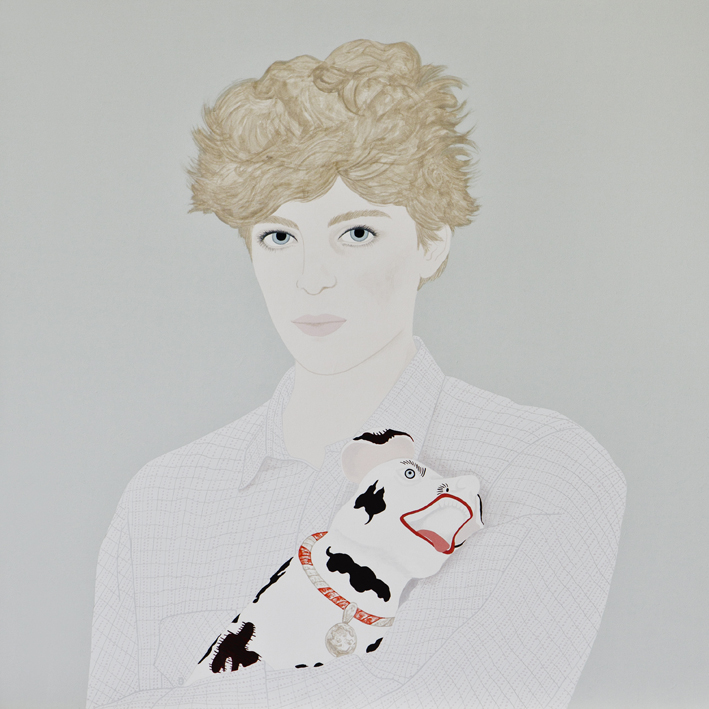
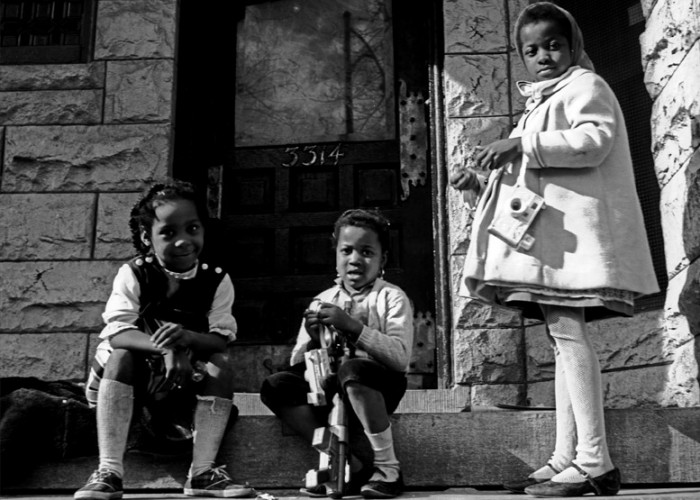
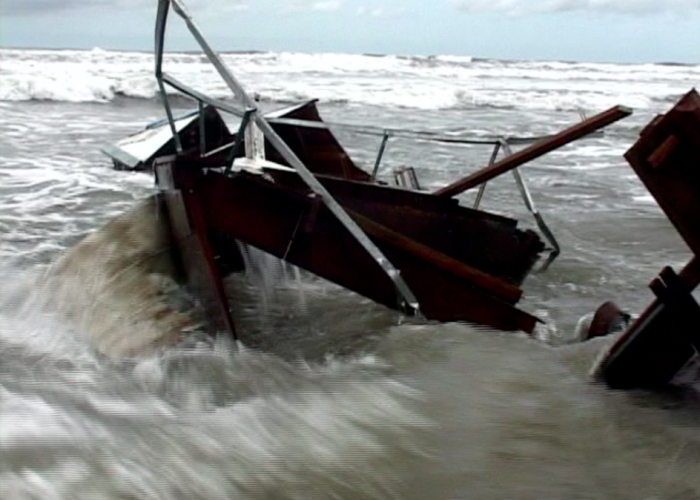
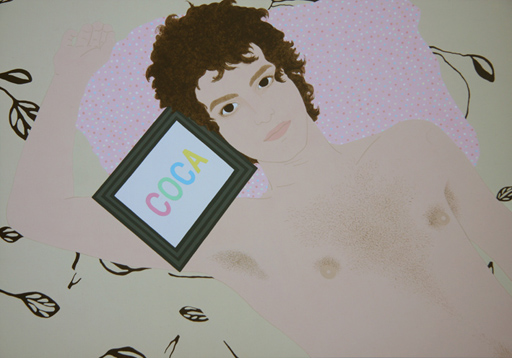
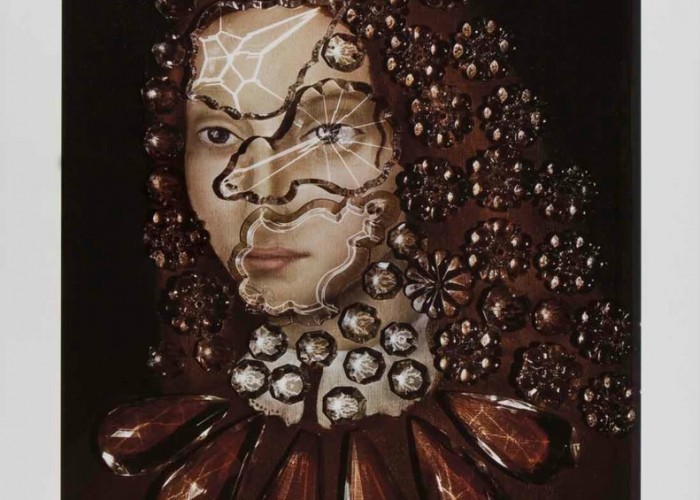



 sending...
sending...